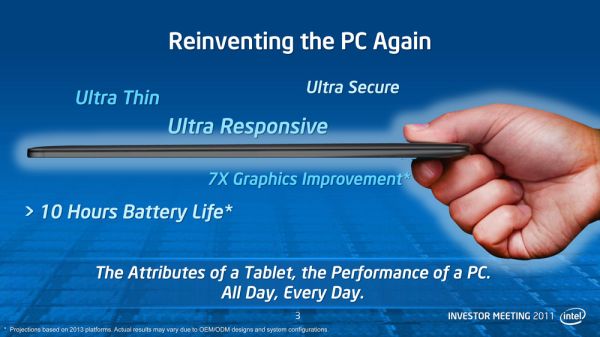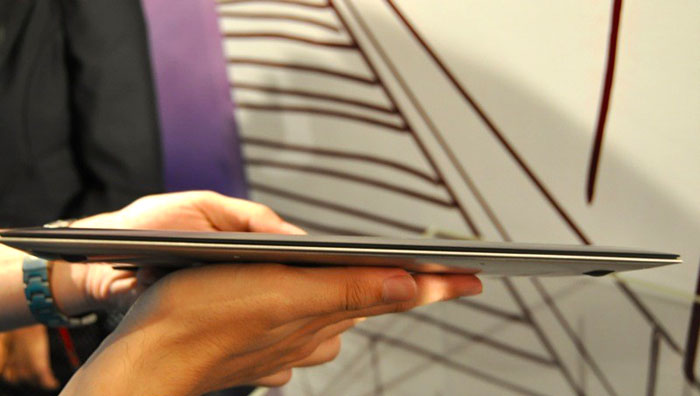A little over five years ago, Apple and Motorola were still buddies. Although Apple had famously announced its intention to drop the PowerPC processors manufactured by Motorola (and IBM) in favor of Intel's x86 architecture, the companies were cooperating on the launch of a new Motorola phone, the ROKR (the first handset with any iTunes integration). My, how times have changed. Apple and Motorola are battling for mobile phone market share, and the war is moving further away from store shelves and into the courtrooms with a new patent infringement lawsuit.
Patently Apple was first to report that, late Friday, Apple filed two patent infringement lawsuits against Motorola in the US District Court for the Western District of Wisconsin, both mentioning the Droid by name. One lawsuit accuses Motorola of infringing on Apple's multitouch patents. The other targets Motorola's alleged infringement of patents covering smartphone user interface elements.
If the possibility Apple taking legal action was ever in doubt, last week's lawsuits became an inevitability when Motorola launched a courtroom offensive earlier in October. Seeking redress over Apple's alleged infringement of 18 patents, Motorola filed four lawsuits against the iPhone maker and initiated a separate proceeding with the International Trade Commission. Motorola's second move came nine days later, when the company asked a federal judge in Delaware to invalidate Apple's multitouch patents, many of which are central to a lawsuit Apple filed against HTC earlier this year.
With most of the major smartphone players wielding their own patent portfolios, the handheld device market has become a very litigious place. Apple currently has lawsuits pending against Nokia and HTC in addition to Motorola. Meanwhile Motorola is facing legal actions initiated by RIM and IP holding company NTP—with the latter company having secured a $612.5 million settlement from the former after a long court battle.
"Motorola has a leading intellectual-property portfolio, one of the strongest in the industry, and we intend to vigorously defend ourselves in this matter," the company said in a statement. "We are confident in our position and will pursue our litigation to halt Apple's continued infringement."
Given the twisted web of lawsuits entangling the smartphone industry, it's highly unlikely that any company is going to be able to deliver a knockout blow to a competitor. The US Patent and Trademark Office will be flooded with reexamination requests in the coming months and years, and a patent or three may ultimately be overturned. But, at the end of the day, all the major players in the market will end up signing licensing agreements with one another. Motorola could end up pocketing a couple of bucks from each iPhone sale, while Apple might rake in a small amount each time an HTC Touch is sold. And the increasingly competitive smartphone market will continue to flourish even as the court battles rage on.[source]












0 comments:
Post a Comment